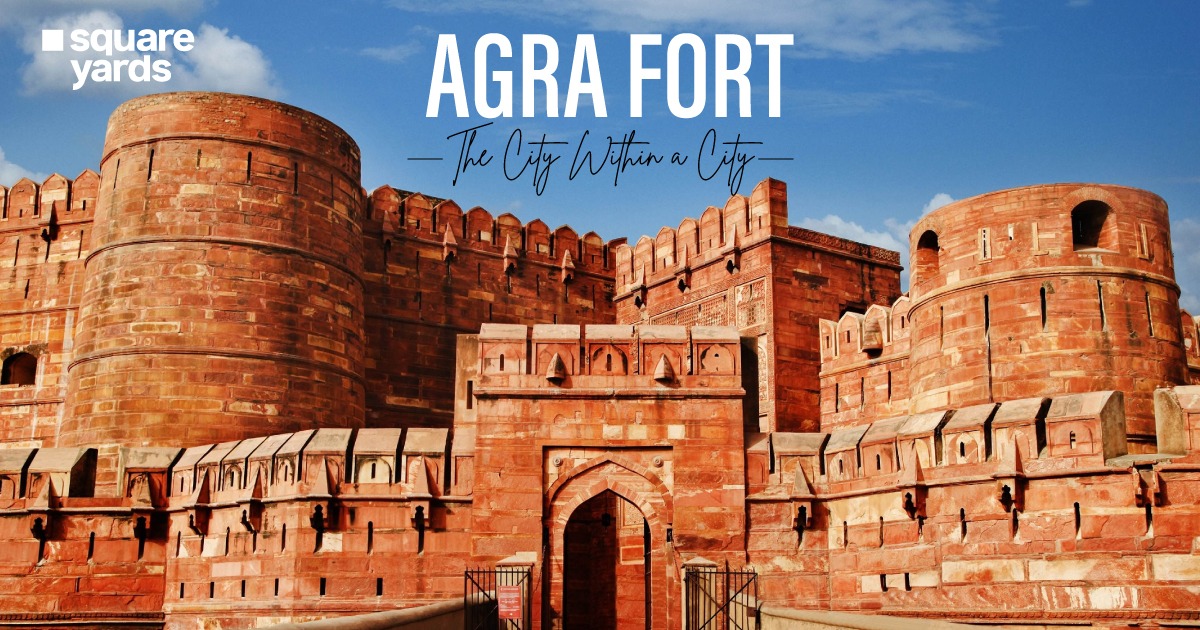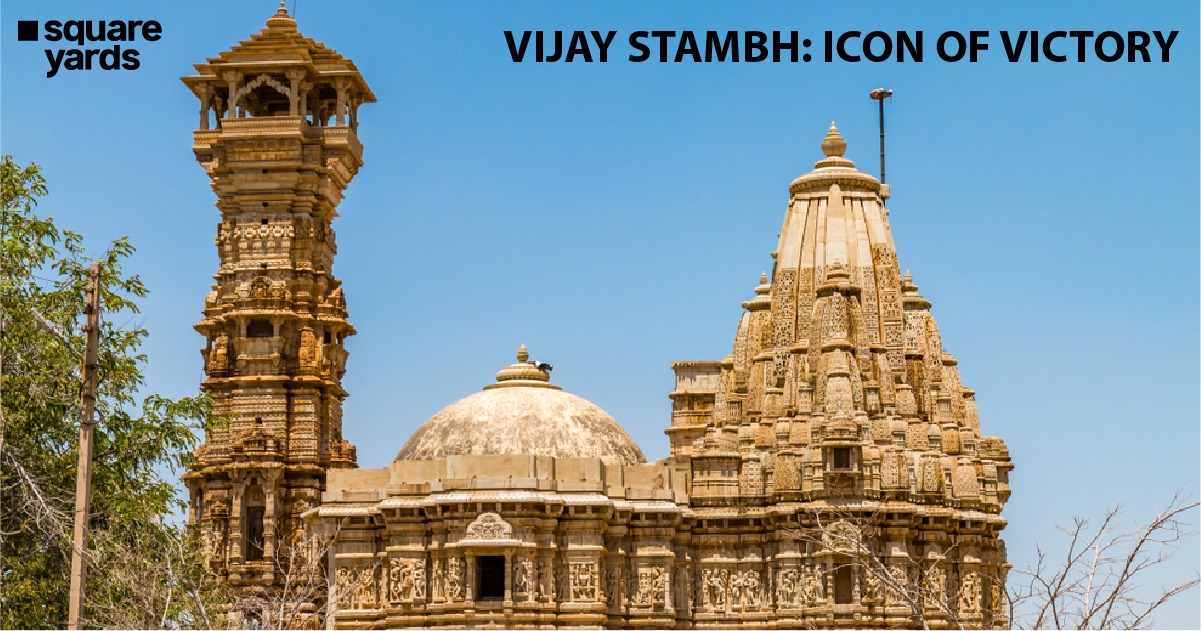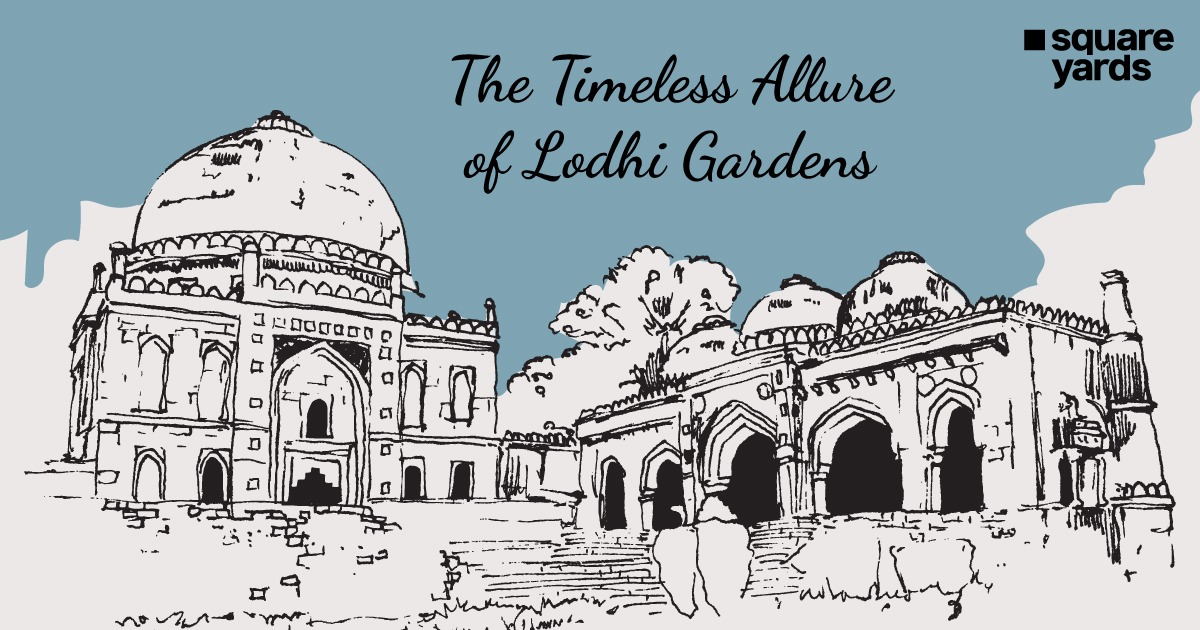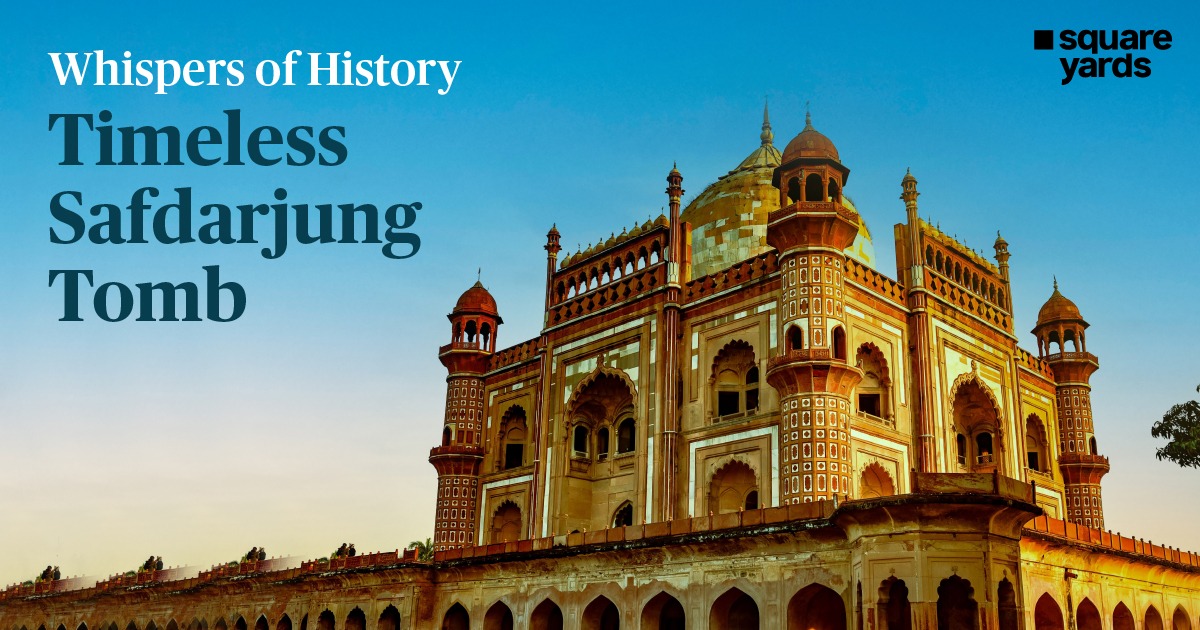The long-awaited G20 Summit held in Delhi has finally come to an end. It was a remarkable event that showcased the convergence of world leaders, policymakers, and intellectuals from all over the globe. The discussions, deliberations, and interactions that took place over the course of two days have resulted in crucial takeaways that will define the future of international cooperation and development. The G20 has changed forever under Indian leadership, with the incorporation of the African Union, paving the way for further reforms in global multilateral organisations.
Minister of External Affairs, S Jaishankar, stated that the New Delhi Declaration demonstrated the success of our Presidency in presenting innovative ideas, influencing global concerns, uniting differences and creating a consensus. Dr Jaishankar tweeted, “We kept the focus on Global South. We showcased our civilisational heritage even as we highlighted contemporary achievements.”
Let us go through the key highlights from this historic event that took place in New Delhi over the weekend:
AFRICAN UNION A PART OF THE CLUB
G20 became G21 under India’s presidency after the African Union was officially granted a permanent membership status, joining the European Union (EU) as a full member. Previously, only South Africa held membership under the G20. This significant move is pushing forward a new world order and providing a much-needed voice for the Global South within the group. This move is a step towards achieving a more balanced representation of diverse voices and perspectives. The African Union’s entry into the G20 is a significant milestone that will surely pave the way for more inclusive and equitable decision-making on the global stage.
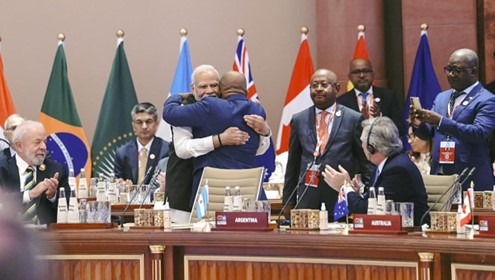
Image Credit: PTI
THE DELHI DECLARATION
Despite disagreements over the Russia-Ukraine crisis, India acquired a unified “New Delhi Leaders’ Summit Declaration” on all developmental and geopolitical issues on the first day of the G20 Summit. The Delhi Declaration was drafted by four diplomats: Abhay Thakur, Ashish Sinha, Nagaraj Naidu Kakanur, and the lone woman among the four, Enam Gambhir. They worked diligently to bridge the gap between the Western Block and the Chinese-Russian bloc. On the G20 sidelines, Prime Minister Narendra Modi met with leaders such as Joe Biden, Rishi Sunak, Olaf Scholz, and Fumio Kishida, who all contributed to this agreement.
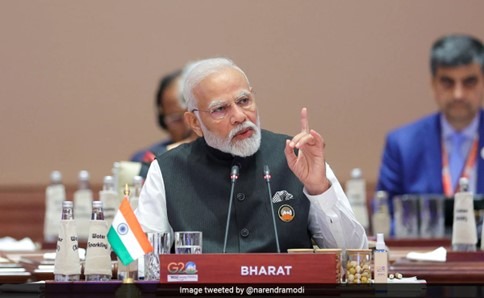
Image Credit: Image tweeted by PM Narendra Modi
GLOBAL BIOFUEL ALLIANCE
On September 9th, PM Narendra Modi announced the launch of the Global Biofuels Alliance. The alliance has gained the support of 19 countries and 12 international organisations, both G20 members and non-members. The alliance’s founding members include India, Brazil, and the US. This initiative shows great promise to boost the usage of cleaner fuels. This agreement was confirmed to expedite worldwide efforts to fulfil net zero emission objectives by allowing trade in biofuels obtained from a number of sources, including animal and plant waste.
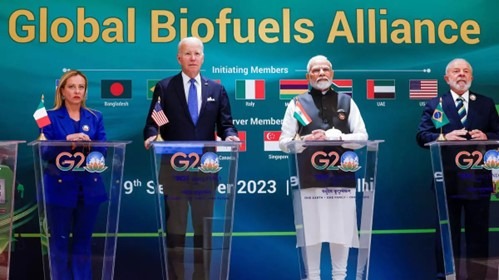
Image Credit: thehindubusinessline
INDIA-MIDDLE EAST-EUROPE CORRIDOR
During the G20 Summit, the goal-driven India-Middle East-Europe Economic Corridor was unveiled. The corridor is a potential substitute for China’s Belt and Road Initiative. The Partnership for Global Infrastructure Investment (PGII) is a joint initiative by G7 countries aimed at financing infrastructure projects in underdeveloped nations. The rail and shipping route is a part of PGII. So, the leaders of the United States, India, Saudi Arabia, the United Arab Emirates, France, Germany, Italy, and the European Union agreed to establish the India-Middle East-Europe Economic Corridor, which aims to encourage economic growth by enhancing connectivity and economic integration among Asia, the Arabian Gulf, and Europe.
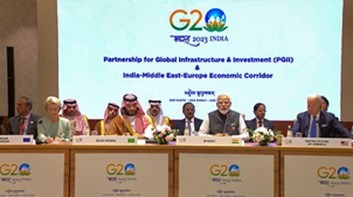
Image Credit: PTI
GRADUAL PROGRESS ON CLIMATE CHANGE
The G20 leaders have agreed to triple the global renewable energy capacity by 2030, and they acknowledged the importance of reducing the use of unabated coal power. However, they did not establish significant climate goals or present strategies to modify existing policies to achieve the renewable energy target. Moreover, they stated that an annual amount of $4 trillion would be required to support the transition to green energy, but they did not provide a roadmap. The outcomes of the G20 meeting are being closely monitored in anticipation of the upcoming COP28 U.N climate summit in the United Arab Emirates.
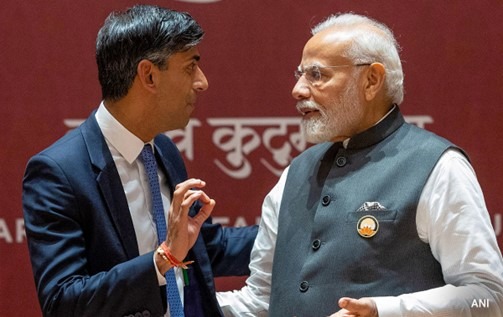
Image Credit: ANI
Sum Up
The Global leaders of the G20 met in New Delhi on 9-10 September 2023 under the theme ‘Vasudhaiva Kutumbakam’. It was a defining moment in history as the decisions made by these global leaders would shape the future of humanity and the planet. The G20 Summit in Delhi was a platform for collaboration, innovation, and commitment to a better future for all. The key takeaways from this summit indicate acknowledgement of the challenges and opportunities by the world leaders that lie ahead. Sustainable development, inclusive growth, digital transformation, global health, trade, climate action, and geopolitical stability are all integral elements that will shape our world in the coming years.


















